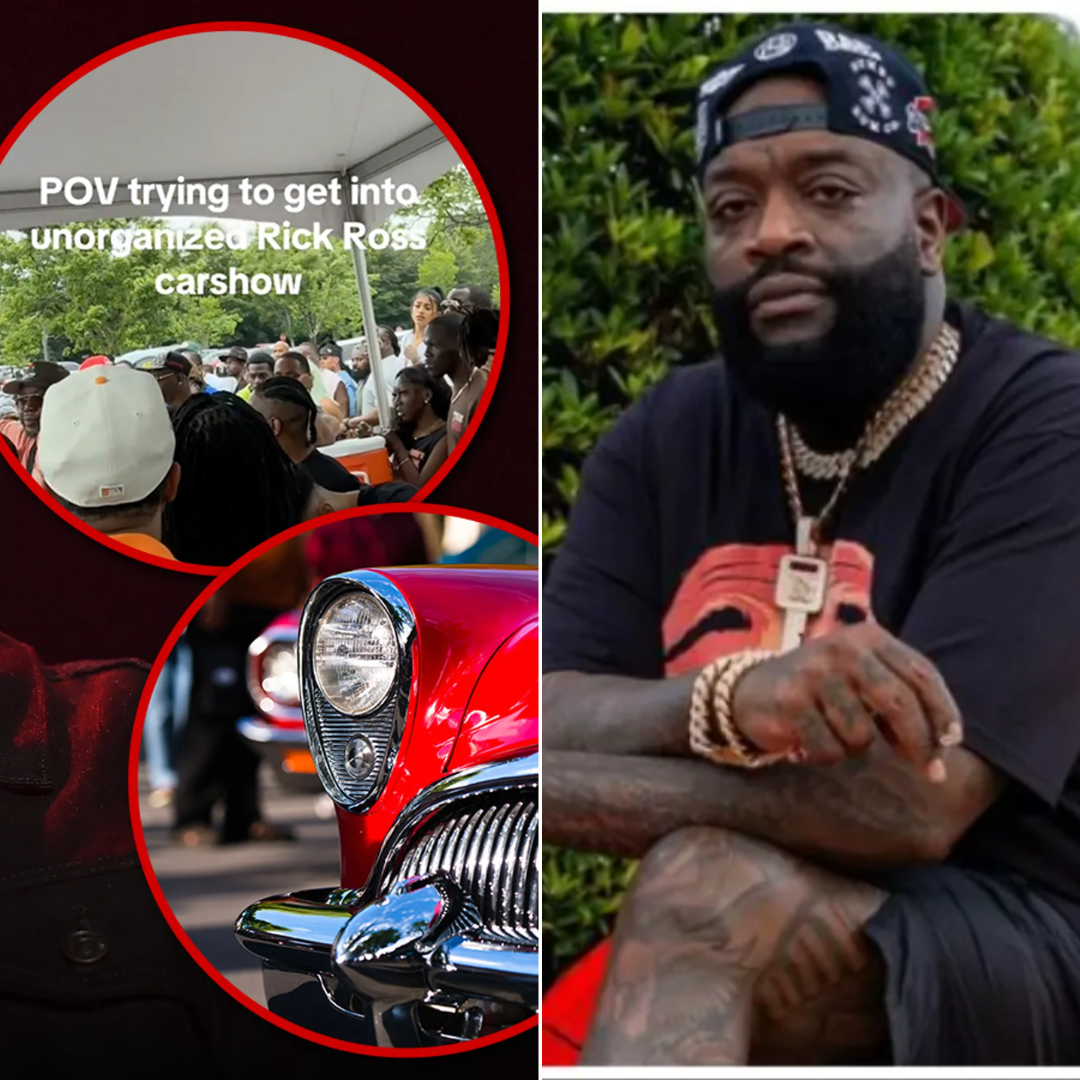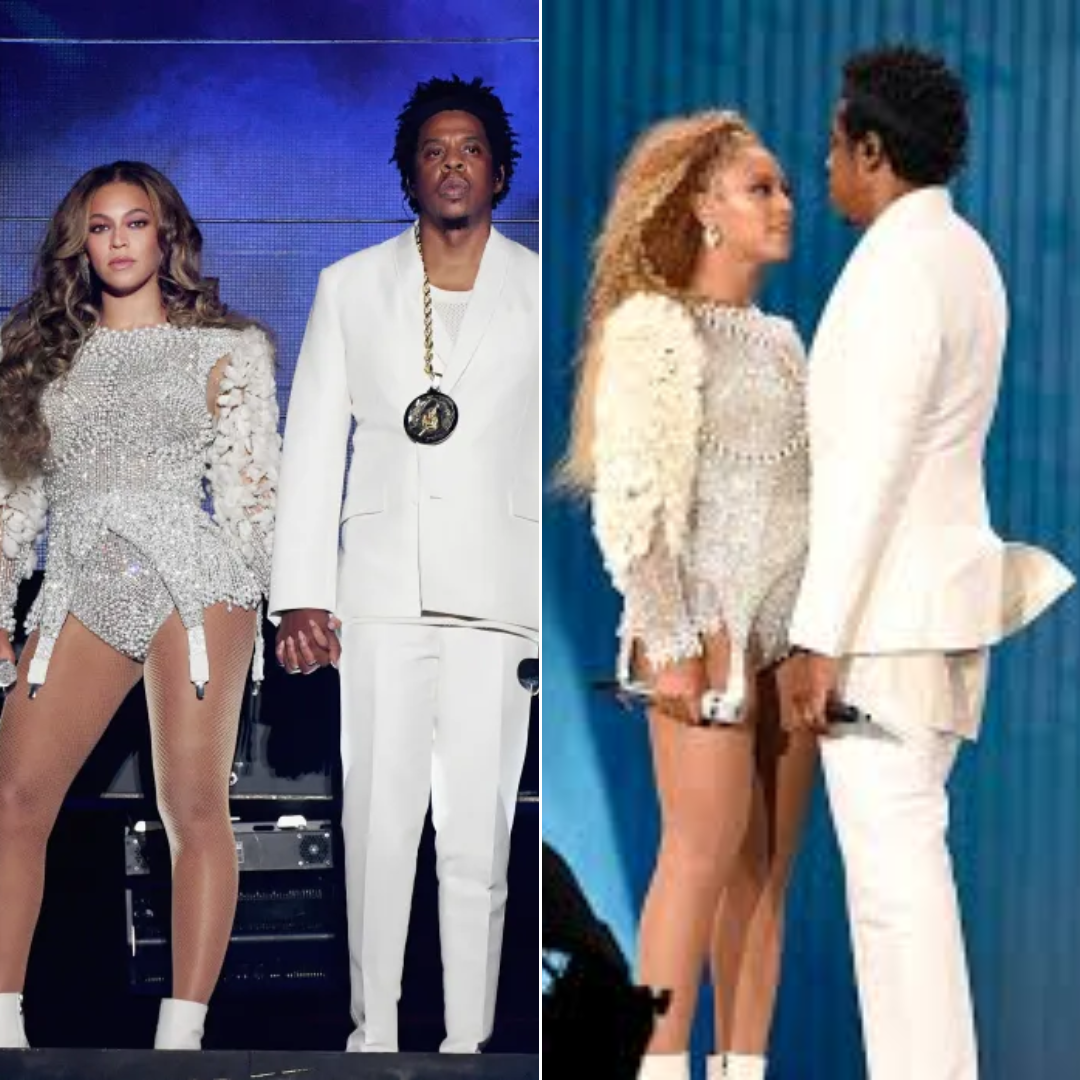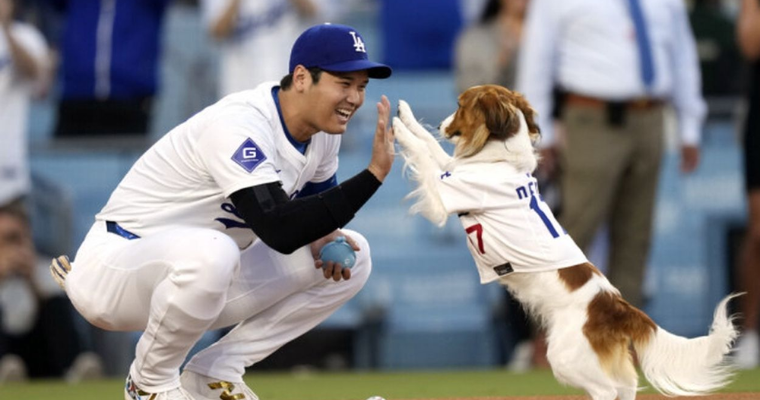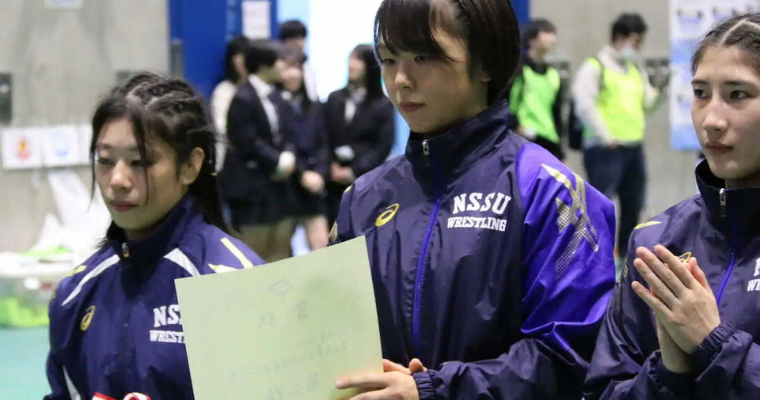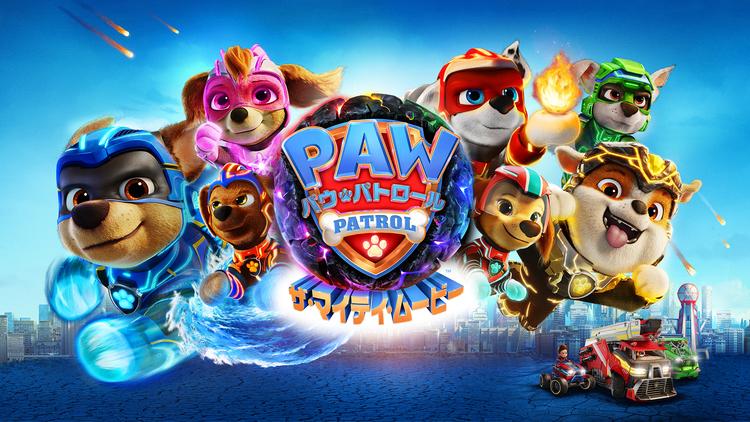 Chris Brown – Depositphotos
Chris Brown – Depositphotos
*Tina Davis, Chris Brown’s former manager, shared in a new interview how her team managed his career following his guilty plea for assaulting Rihanna. She detailed their efforts to rebuild his image and get his music back on the radio.
In an interview with NandoLeaks, Davis discussed how public opinion of Brown shifted after the assault. She noted that he was initially adored by everyone and seen as the nation’s “sweetheart.”
“Parents were dropping their kids off at hotels like, ‘Go get Chris Brown! Go get him!’ and I’m like, ‘If you don’t put your daughter back in your car. Stop!’ Parents were sending their kids to the hotel. It was that bad. Because he was a sweetheart to the world, right? So they were like, ‘He’s a good kid. I want you to marry this kid. Go get him,’” Davis said, Vibe reports.
But after the assault, “… it was hard to try and get him over that hump or get people to change their minds because before it happened, everyone loved him,” Davis explained.
“We decided we need to figure out a way to get him back on the radio,” she continued.
 Chris Brown and Rihanna/Getty
Chris Brown and Rihanna/Getty
Davis explained their strategy was to keep Brown’s voice on the airwaves by having him collaborate extensively with other artists. This allowed his music to reach radio audiences when stations avoided his solo tracks.
“The way we did it was, we put him on features for everything,” Davis continued, per Baller Alert. “Anybody that called us, he jumped on it.”
As the strategy took off, they partnered with Tyga, and the duo released mixtapes that produced hits like “Deuces.”
“Meanwhile, Tyga stood next to him. He was the only one that would stand right next to him, so he started doing mixtapes,” Davis said. “We were like, ‘That’s the strategy.’ We’re going to do a whole bunch of mixtapes and just keep flooding the business, putting out music, but we’re also going to feature on everybody that calls us.”
When Chris’s comeback single “Deuces” featuring Tyga became a major hit, radio stations could no longer ignore him.
“They had to play it because they wanted to play the artist. So, that’s how we were able to get back on the radio,” Davis said.
